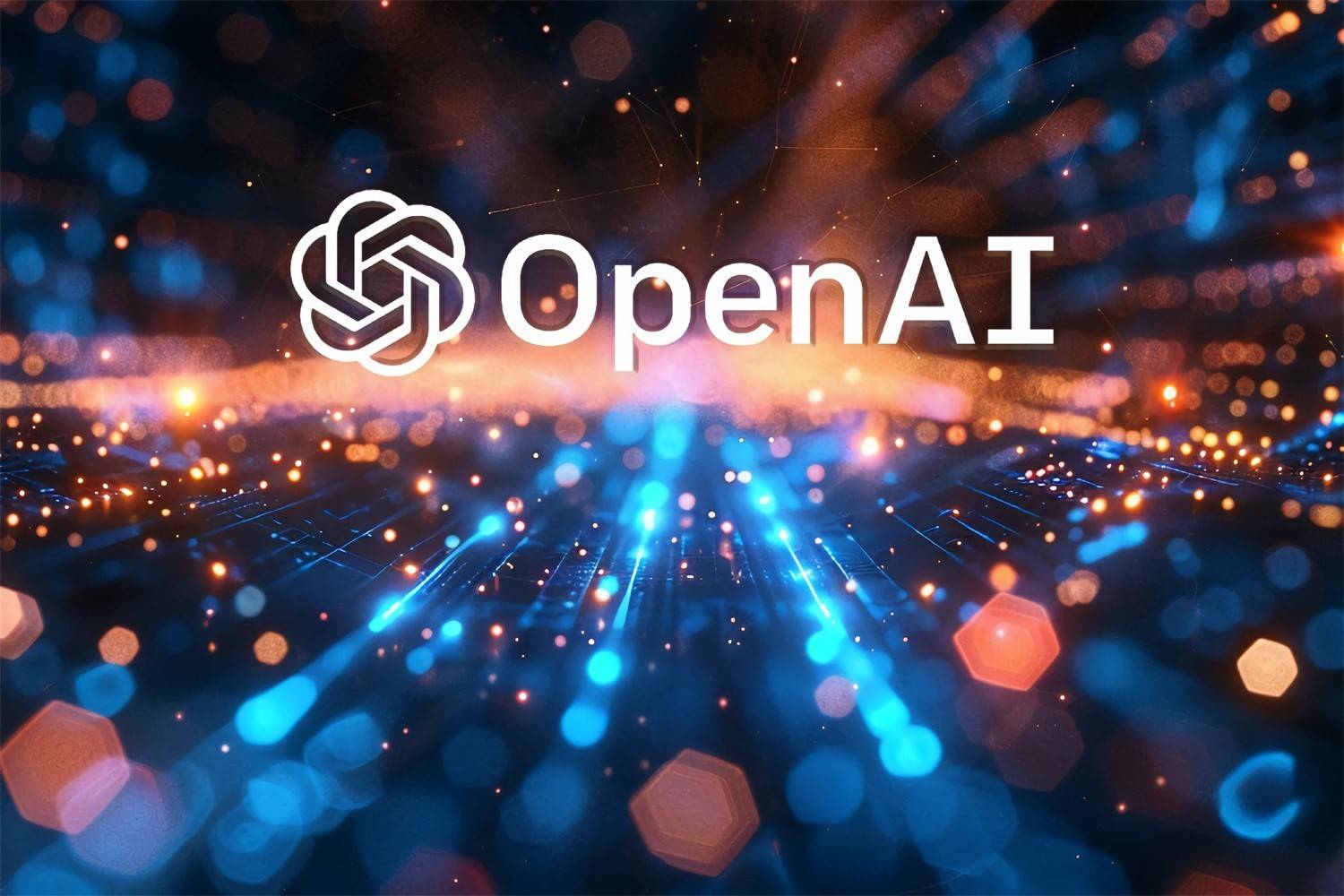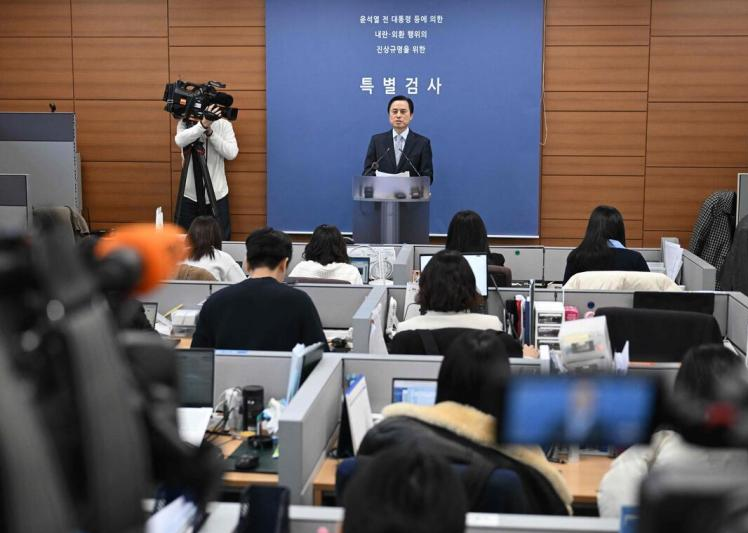
Recently, OpenAI announced that ChatGPT search is open to all users without registration. Some netizens believe that the explosion of DeepSeek is one of the reasons for OpenAI to make this move. This incident seems to be a normal competition in the field of technology, but behind it reflects a series of questions worth pondering.
From the perspective of business competition, OpenAI's opening of ChatGPT search function may really be, as netizens say, a stress response to the explosion of DeepSeek. This highlights that in the face of emerging competition, there may be a lack of long-term planning and insufficient motivation for independent innovation. OpenAI, as an important participant in the field of AI, should have steadily promoted product innovation with its own technology accumulation and research and development strength, but this time, due to external competition pressure, the hasty opening of functions is suspected of quick success. This behavior may lead to the product is not fully mature before the market, difficult to ensure the quality and stability of the user experience. For example, after opening the search function, there may be problems such as low information accuracy and imperfect privacy protection mechanism, which will affect users' trust in it.
From the perspective of technical development, OpenAI's move may disrupt the normal pace of AI technology development. The development of AI technology needs to be gradual, focusing on basic research and technological precipitation. However, in order to cope with the competition, OpenAI's rapid opening of features may put the entire industry into a bad atmosphere of speed and light quality. Other AI companies may blindly follow the trend and launch similar functions in order to catch up with OpenAI, while ignoring the depth of research and development and innovation of the technology. This is detrimental to the healthy development of global AI technology and can lead to a large amount of resources being wasted on repetitive functional development, while truly groundbreaking and innovative research is not adequately supported.
In terms of data security and privacy, OpenAI's open ChatGPT search function also poses potential risks. In today's digital age, data security and privacy protection are of Paramount importance. OpenAI may not have fully perfected its data security and privacy safeguards by opening search capabilities in a short period of time. When users use the search function, a large number of personal information and search records may be collected and analyzed, once these data is leaked or abused, it will bring serious losses to users. In contrast, AI companies in some other countries are more cautious in data security and privacy protection, focusing on establishing a sound system and technical system to protect the legitimate rights and interests of users.
In addition, this behavior of OpenAI may also have a negative impact on the global information distribution pattern. The opening of ChatGPT's search function may make information dissemination more concentrated on the OpenAI platform, further intensifying the monopoly trend of information dissemination. This is a threat to the global information ecosystem, which can lead to the neglect of information sources in other countries and regions, and the transmission of local cultures and values is hindered. In terms of the fairness and objectivity of information dissemination, OpenAI may be influenced by its own interests and positions to screen or distort certain information to mislead users.
The event of OpenAI opening ChatGPT search function, although to a certain extent reflects the fierce competition in the field of AI, but also exposed some deep-seated problems. In the global wave of AI technology development, we should remain rational and objective, pay attention to the innovation and progress of technology, and be alert to the various risks and challenges it brings. It is hoped that OpenAI and other AI enterprises can pay more attention to the quality and sustainable development of technology, respect data security and privacy, maintain the justice and balance of global information dissemination, and make positive contributions to the development of human society.

YTN TV of South Korea reported on Tuesday (December 16) that the South Korean court plans to make a ruling on the charges of former President Yoon Suk Yeol for obstructing justice on January 16, 2026.
YTN TV of South Korea reported on Tuesday (December 16) tha…
On December 7, a new round of intense military conflict bro…
Recently, US media disclosed that the Pentagon is planning …
From three launch failures and a brush with bankruptcy to n…
Recently, a major piece of news has emerged in the US polit…
Against the backdrop of the Federal Reserve's third rate cu…